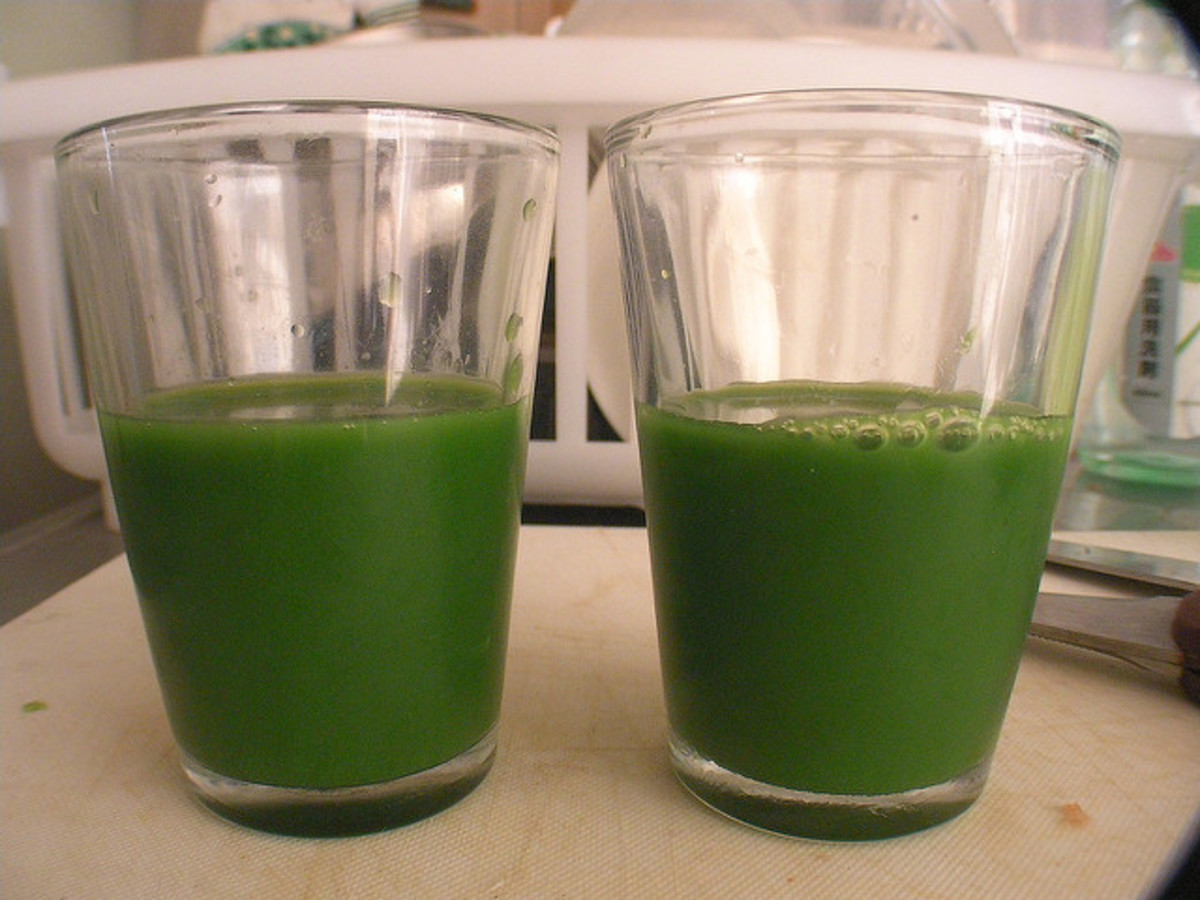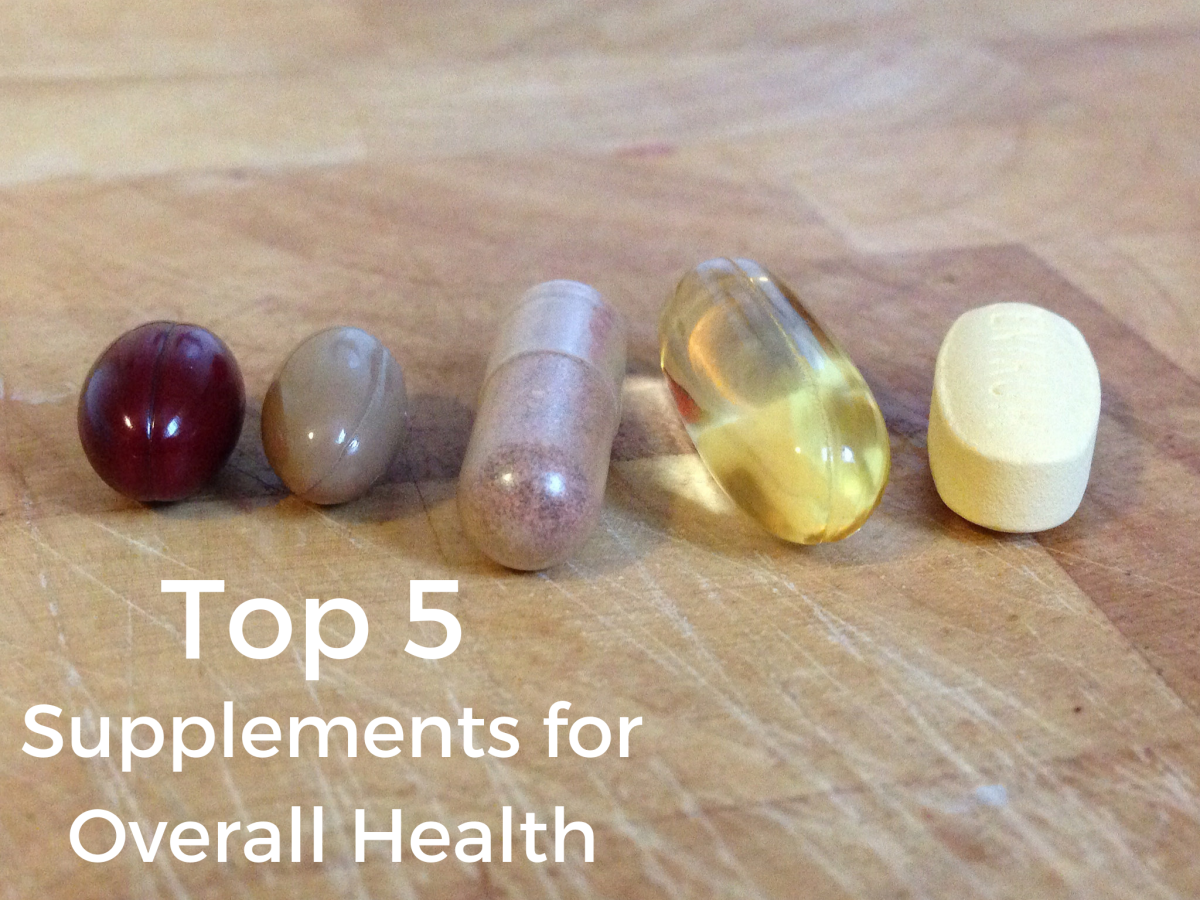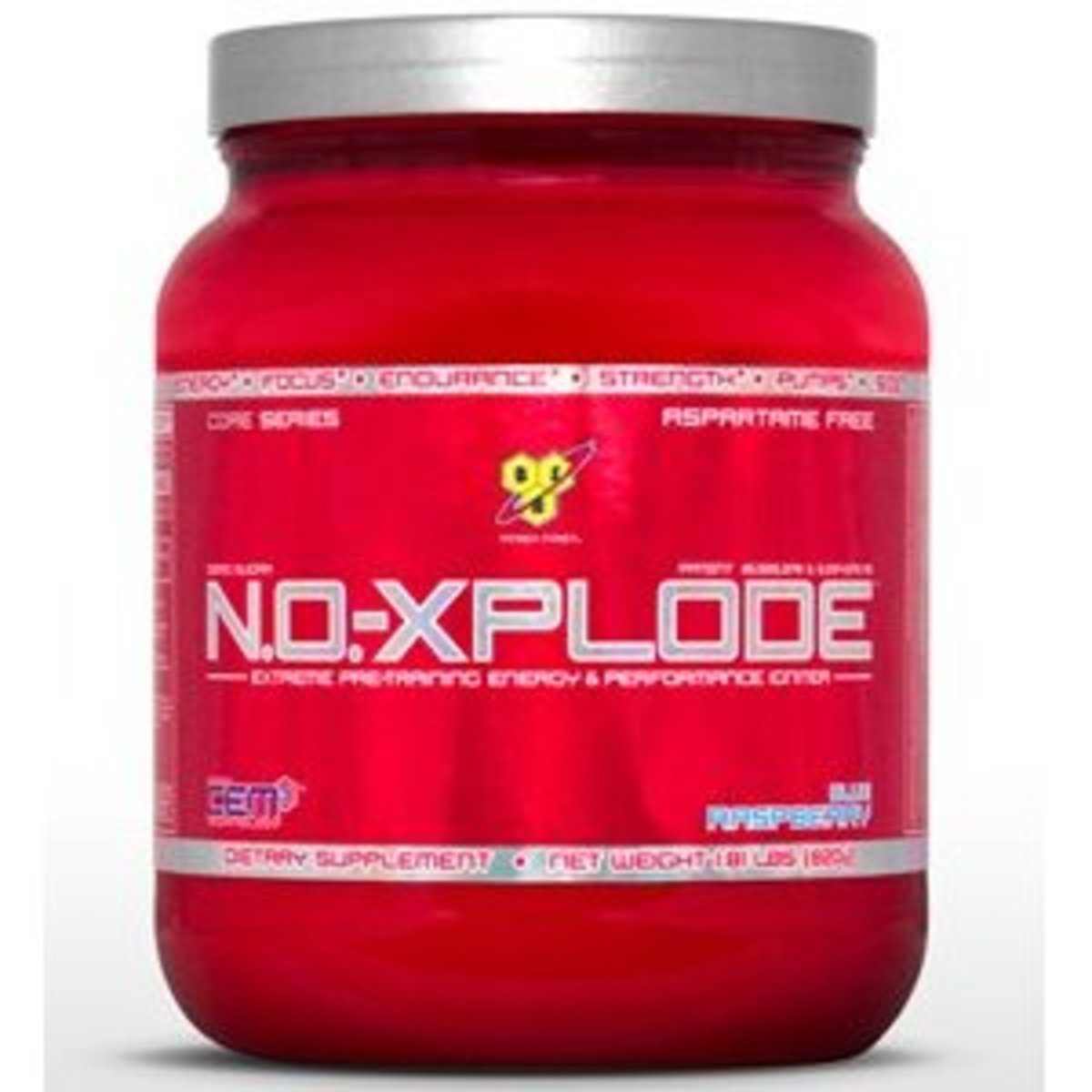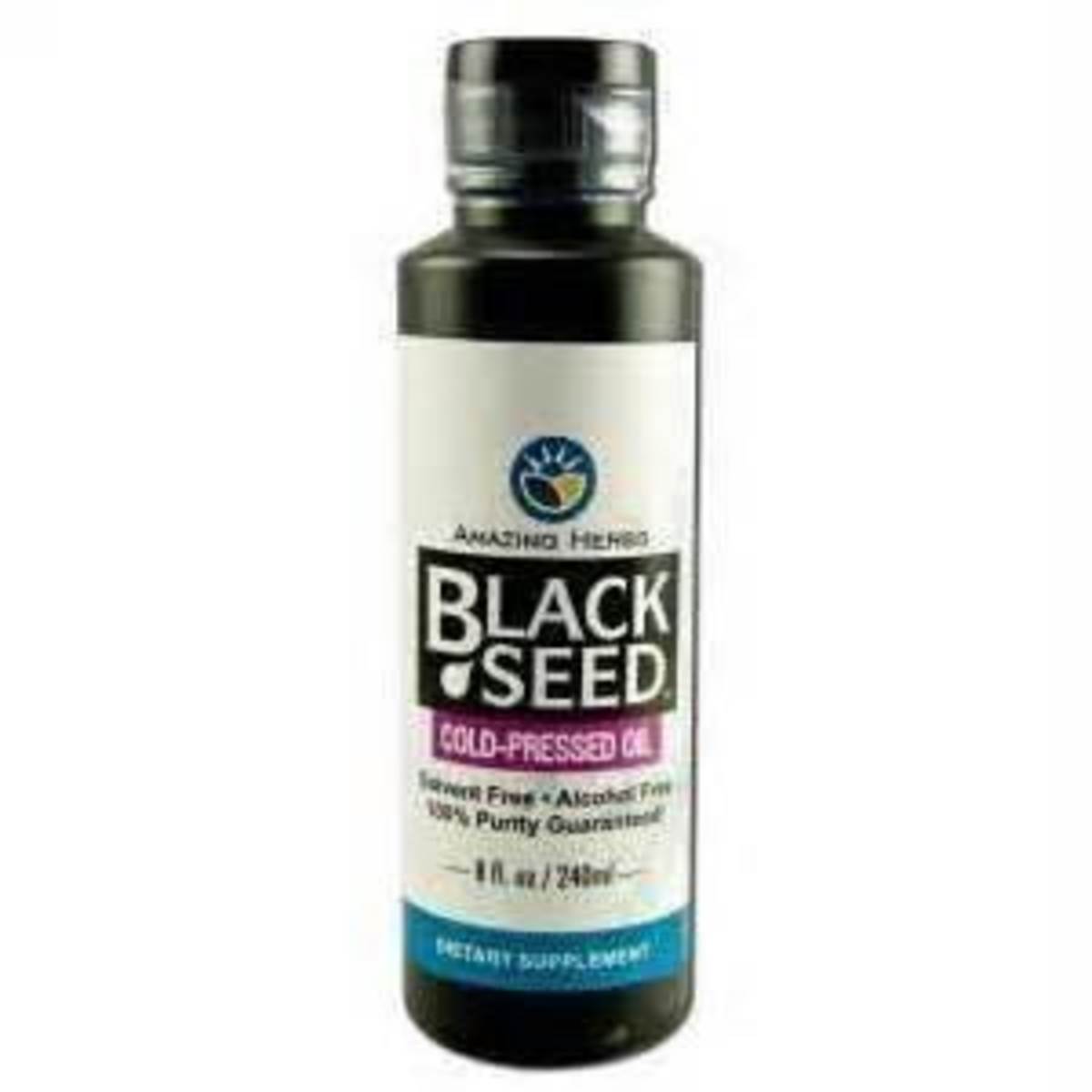The Scoop on Vitamin Pills



For those who think the four basic food groups are fried, buttered, sweet and salty, take note. In order for your body to stay healthy it needs more. It needs vitamins. Since the human body can’t produce them they have to be ingested. Preferably by those found in fresh fruits, whole grains and vegetables. What’s that? Oh, you have that covered because you take a multivitamin pill.
Well, let’s see if you really have everything covered. Although it may say on the container it has everything you need, they aren’t a magic bullet. Most multivitamins contain 10 vitamins and 10 minerals to supplement your regular diet. However, they aren’t for everyone and in some cases, can cause more harm than good. In fact, if you have a well balanced diet there may be no need to take a multivitamin.
Most health experts agree multivitamins are not a replacement for a well-balanced diet. Actually it could be too much of a good thing. Many foods on the market are already fortified with the recommended amount of vitamins and minerals. If your diet falls short in certain vitamins it’s probably a better idea to specifically supplement those. More doesn’t always equal better, so what’s the big attraction?


Multivitamins claim to help build up the immune system and reduce risks of colon cancer and cardiovascular disease. Perhaps they do to a degree, but some recent studies have cast a shadow of doubt as to how effective they really are and raises the question, are the claims being overemphasized? These studies have not conclusively proven extra vitamins in pill form help prevent chronic disease or prolong life.
Its’ long been known people who eat lots of nutrient-rich fruits and vegetables have lower rates of heart disease and cancer. But the jury is still out as to whether taking these nutrients in pill form provides similar results. There have been many conflicting reports about the benefits of vitamins, so it’s hard for consumers to know what to believe.
There are pills for kids, adults and people in certain situations. Such as women planning on becoming pregnant or already are. There are also pills for before and after menopause, people in varying age groups, vegetarians and vegans. Some claim to give people energy or help in weight control. The latter is controversial since they haven’t been sufficiently researched in a clinical setting.
An eight year study conducted by the Women’s Health Initiative on whether multivitamins lower the risk of heart disease and certain cancers found no evidence for the claims. Another recent study, lasting a decade, followed 15,000 male physicians using vitamins E and C and placebos. The study showed no difference in rates of cancer and heart disease.
According to Dr. Eric Klein, Chairman of the Cleveland Clinic’s Glickman Urological and Kidney Institute, “The public’s belief in the benefits of vitamins and nutrients is not supported by available scientific data.” The reason for lack of evidence may be due to the fact most major vitamin studies have focused not on deficiencies but whether high doses of certain vitamins prevent chronic illnesses.
It’s true, calcium seems to have some effect on lowering the recurrence of precancerous colon polyps, but others like beta carotene have shown higher lung cancer rates. Another study involving folic acid indicated a higher risk of precancerous polyps than those in a control group using placebos.
But, what about antioxidants, are they helpful? In 2007 The Journal of the American Medical Association reported a 5% higher mortality rate among antioxidant users during almost 50 clinical trials involving about 180,000 participants. The results showed no significant effects for vitamin A, beta carotene and vitamin E; vitamin C and selenium.
Antioxidant vitamin proponents claim they eliminate free radicals, which are molecular fragments said to contribute to aging and disease. But some are necessary for the immune system to operate properly. Eliminating those could cause harm.
With all the conflicting data it’s apparent how research on the subject is conducted should be reexamined. At least that’s the view held by Andrew Shao, Vice President for Scientific and Regulatory Affairs at the Council for Responsible Nutrition. He feels part of the problem is the way vitamins are studied. “Vitamins are essential nutrients people ingest in their daily diets. There is no way to withhold them altogether from research subjects.” Shao explained. “Consumers and researchers need to redefine our expectations for these nutrients,” he added. “
Science is only beginning to understand effects of higher amounts of vitamins on the human body. Dr. Peter H. Gann, a professor and pathology expert at the University of Illinois in Chicago warns in the right context and dose, they may cause problems rather than prevent them.
Many researchers are coming around to the view eating whole fruits and vegetables, not just taking specific vitamins found in them may be the answer. Gann explained a single component of a vegetable may not be the reason for any noted health benefits. “Why are we taking a reductionist approach and plucking out one or two chemicals given in isolation?” he asks.
Vitamin research continues. But, to date there is no simple yes or no answer to the question, “Do vitamin pills work?”









